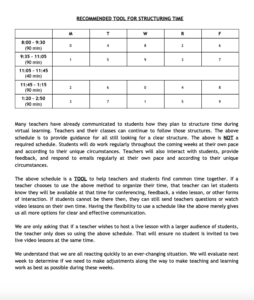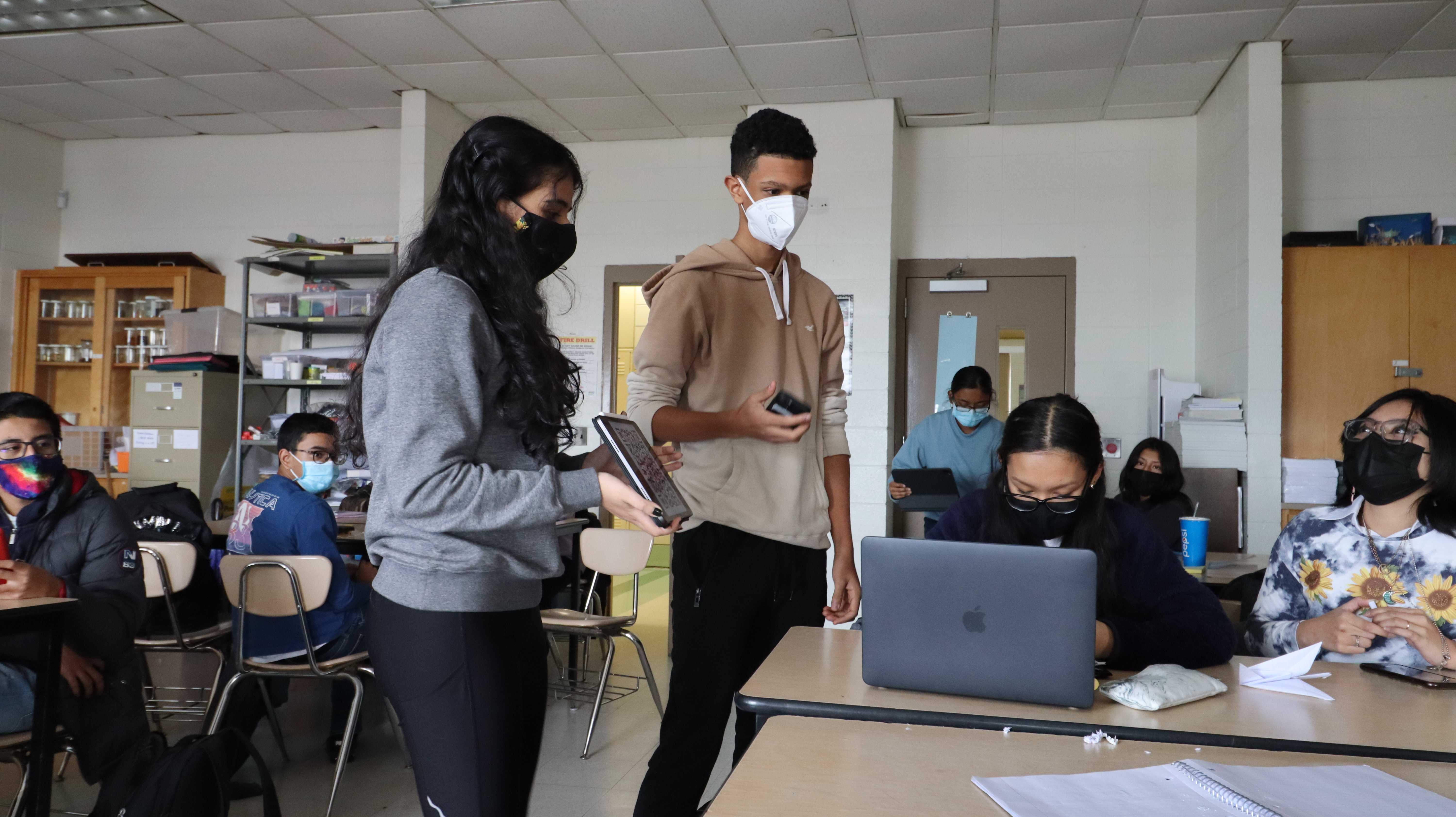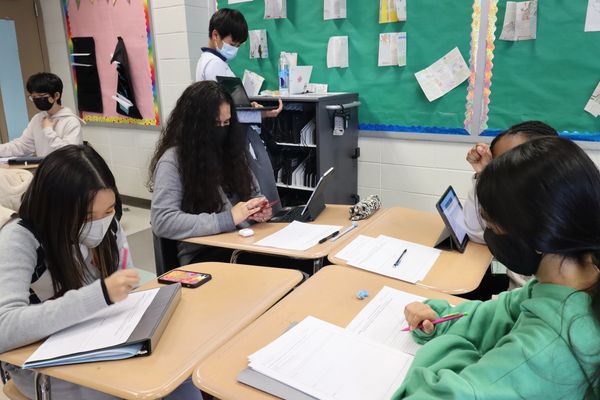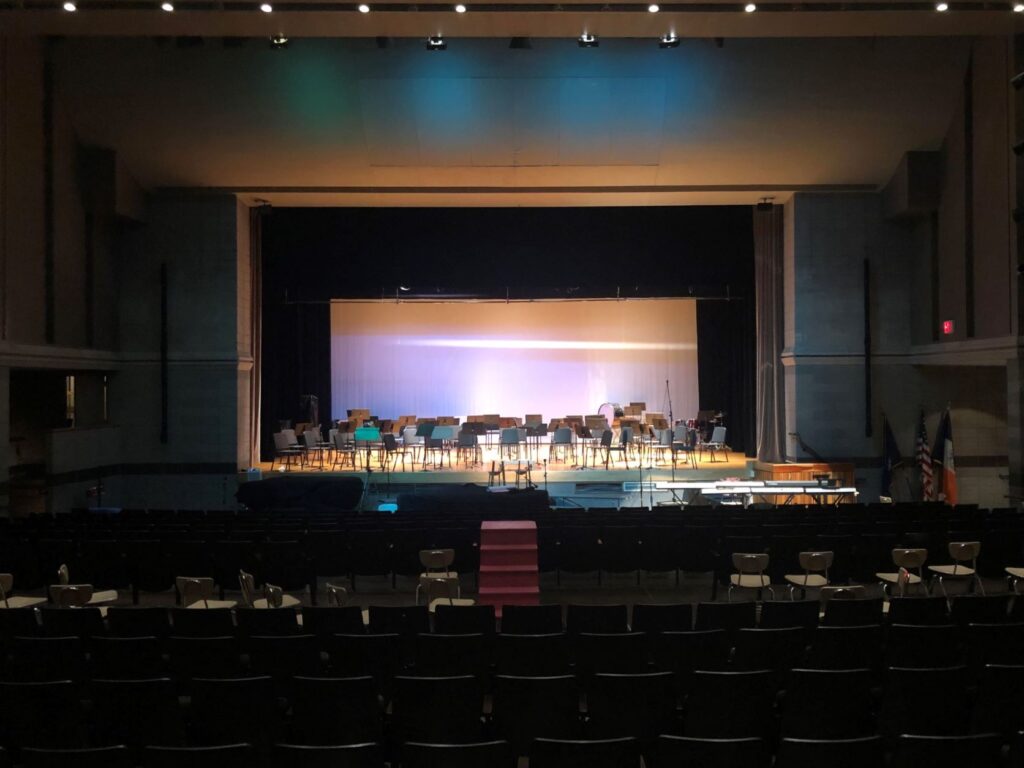
On March 23, classes at Townsend Harris High School resumed via remote learning, an educational system where teachers and students rely solely on online platforms to communicate and hold lessons. The THHS administration and the Department of Education developed this plan in response to the recent spread of the novel coronavirus. Following the closure of public schools announced on March 15, teachers and staff reported to school for professional development on remote learning from March 17 to March 19.
“It’s new for everyone, so there will be a learning curve which I’m sure will come with confusion, technological and time management issues, etc.,” said Assistant Principal Georgia Brandeis. “We are doing our best to communicate very regularly with teachers and students to ensure that everyone is getting the support they need to do this as best as possible while juggling home lives.”
In a letter detailing the plan for remote learning, Principal Brian Condon explained that students will be assigned work on a weekly basis through Google Classroom and can use programs such as Google Hangouts, email, FaceTime, Zoom, and more to interact regularly with their teachers.
The new online learning schedule was explained to students in an email sent by the administration on Friday. The email described an asynchronous learning plan in which teachers will post a list of weekly assignments and expectations. Students may complete the assignments at their own pace but it must be handed in by Friday at the latest. Teachers were also provided with a scheduling tool to help structure their time and avoid conflicting with other teachers’ agendas, wherein each band has two 90 minute time slots per week in which teachers may schedule online video conferences.

Freshman Erica Jin commented, “I find [the scheduling tool] extremely effective. I actually set up alarms because I’m going to use the times given to perform the lessons needed to complete during the week and even better, I used the schedule and made it into a calendar to help me stay on task.”
Given the unprecedented nature of this situation, some teachers plan to continue their online schedule through the spring break, replacing tests with graded assignments and online diagnostic assessments to ensure that students are prepared for end-of-year exams, should they take place as scheduled.
AP US History and Writing Process teacher Blayne Gelbman plans to collaborate with other US History teachers to create and post video lessons regularly through the multimedia editing website Loom, supplementing this with assignments on Google Classroom. He said, “It’s definitely not ideal but I think Townsend Harris is unique from a content standpoint in that if we ask you to do something, you’re going to do it, so I think our kids are going to end up doing well regardless.”
Junior Stephanie Chouhan pointed out that the shift could allow for more productivity, saying, “I believe the transition to online school is more convenient as we don’t waste time traveling to and from school, so we can finish work more efficiently due to the extra time we have…we should be ready for tests because we are essentially doing the same work from home.”
However, others believe that the flexibility of an online schooling system might detract from its effectiveness. “I don’t think it will prepare me for my tests to be honest, and it’s almost promoting senioritis because it’s hard to stay motivated to do work when you aren’t in the right environment,” said senior Rachel Matayev.
Some feel that the transition towards weekly assignments has become overwhelming. “Even as a junior, I never really felt that my work piled up too quickly. My teachers and I were able to space things out, making the workload easy to handle,” said junior Riya Nobi. “However, given the sudden changes, students and teachers are shuffling around trying to adjust. Because of this, some teachers give out like five assignments all at once while others keep giving assignments as the week goes by. This routine gets very overwhelming and I never felt this suffocated by school before. I understand that teachers are trying their best, but there has to be a better way to handle this.”
“Students are going to have to be more self-directed and self-paced when it comes to their learning, possibly while dealing with family issues related to the epidemic,” acknowledged Classical Languages teacher Marianthe Colakis.
Though there may be issues, “everyone needs to take a deep breath and be patient,” said Mr. Gelbman. “It’s going to be a slow start but I hope the community will be flexible with the teachers because this is new to a lot of people.”
Photo courtesy of Nikki Ng, Managing Editor.

































